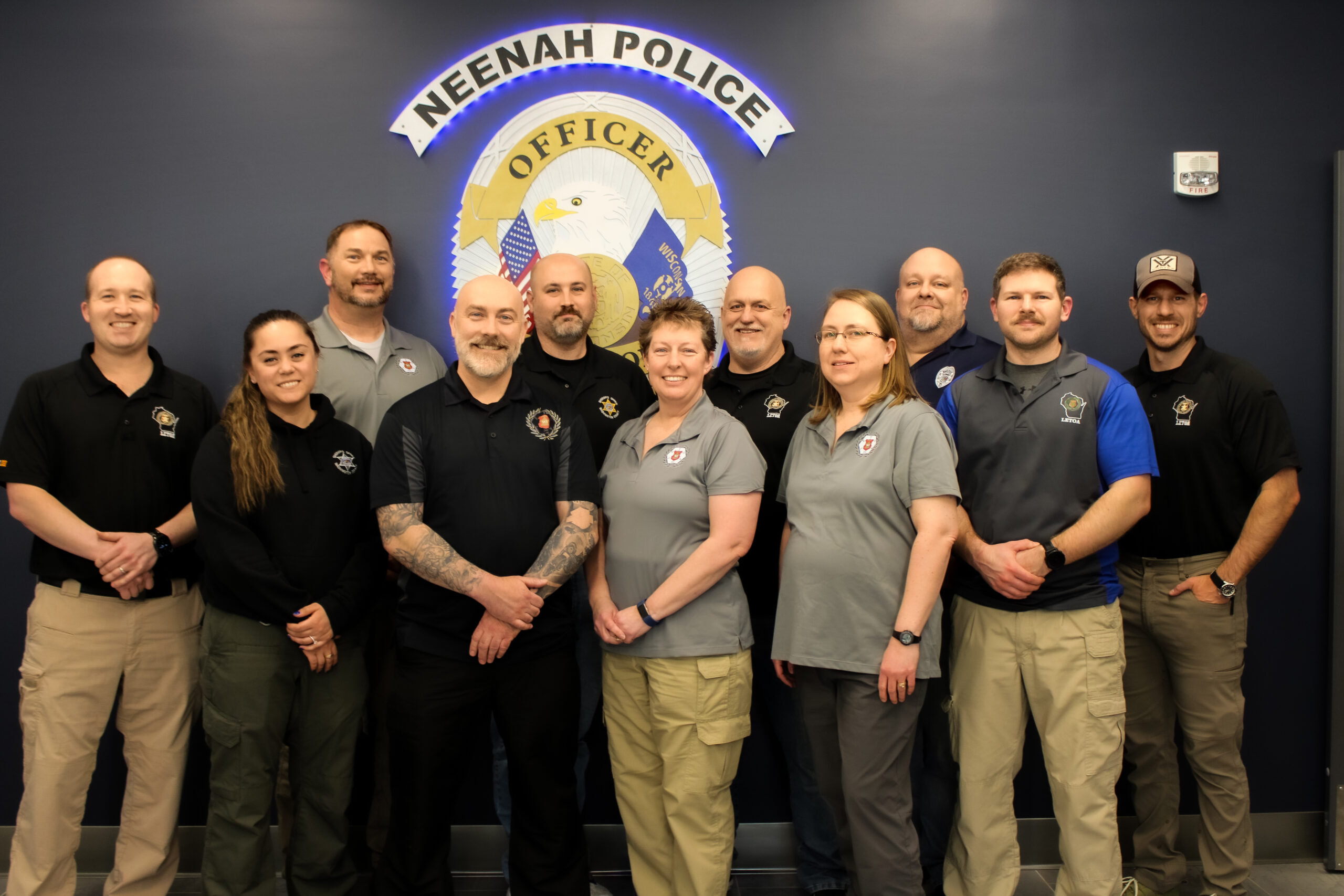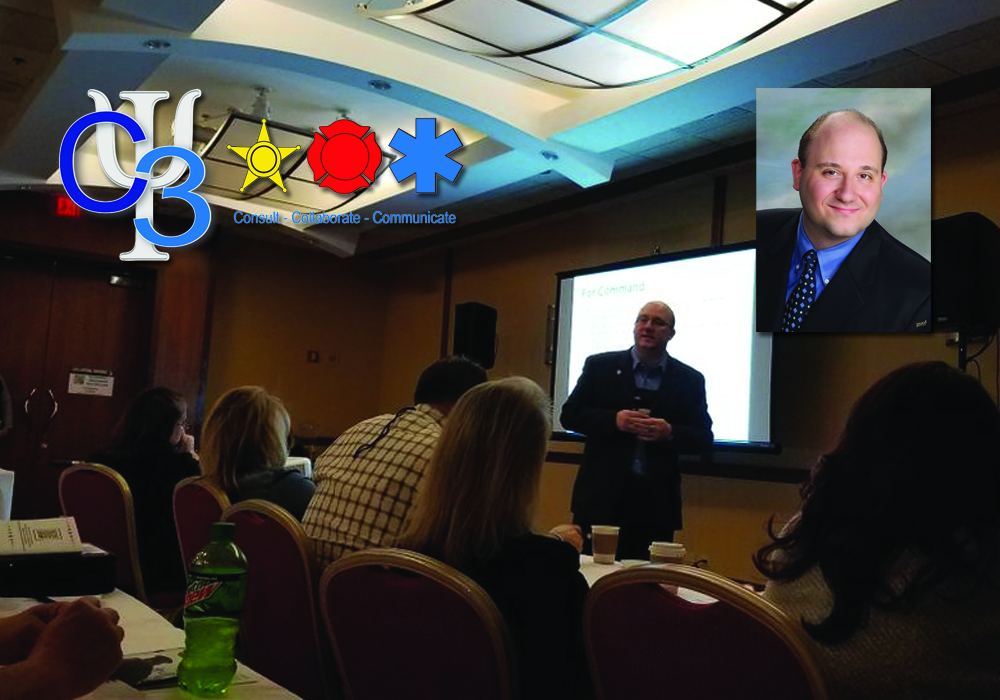Nicholas’ Biography
He received his undergraduate training in psychology from Benedictine University, his certificate of clinical training in Post-Traumatic Stress Disorder from the National Center for PTSD Clinical Laboratory and Education Division, his Master’s degree in Psychology from DePaul University, his Certification in Acute Traumatic Stress Management from the American Academy of Experts in Traumatic Stress, and is a Board Certified Expert in Traumatic Stress – Diplomate and Fellow, American Academy of Experts in Traumatic Stress.
He is an approved CIT instructor with the Illinois Law Enforcement Training and Standards Board, a CIT instructor for the Chicago Police Department, CIT Coordinator and Lead CIT Trainer for the Lake County Sheriff’s Office National CIT Program – BJA Grant, Basic and Advanced CIT Coordinator, CIP Coordinator for NAMI – Kenosha, a Narcan instructor, a Subject Matter Expert for Axon, Lexipol/Police One, Cordico, and Calibre Press, and a Mental Health First Aid Instructor with Public Safety, Fire/EMS, and Higher Education designations. He is a member of the International Law Enforcement Educators and Trainers Association (ILEETA), an Associate Member Service Provider of the International Association of Chiefs of Police (IACP), a member of the Illinois Sheriffs’ Association, a member of the International Public Safety Association (IPSA), Committee Chair for the IPSA Mental Health Committee, a member of CIT International, and a Wellness Support Staff Member for Survivors of Blue Suicide (SBS).
2022 Conference Program
Crisis Intervention Training (CIT) programs have been in existence since 1988; however, it has only been in the last 10-15 years that we have seen an increase in the number of officers being trained across the country. While staffing and budget issues typically have been a reason for lack of training, quite often adoption of a CIT program has more to do with the actual development and successful execution of CIT in small and mid size agencies. In the last few years, both the public and elected officials have been vocal in wanting more officers CIT trained. But where does an agency or even a group of agencies start? And should everyone be CIT trained or should CIT remain an LE specialty? In this presentation, we will discuss what it takes to start a CIT program, from involving the main decision makers to getting solid instructors and community support. We will walk through the necessary training objectives that must be met, the importance of maintaining updated and relevant material for your Basic CIT curriculum; organizing a comprehensive initiative to accomplish goals; involving experts and key opinion leaders early in the process; handling inflexible timelines to meet submission deadlines to State regulators; and evaluating lessons learned in the process. We will highlight and present specific Basic CIT modules such as Working with Older Adults and Psychotropic Medications to demonstrate the tactical/practical nature of a CIT program that balances both the technical and the key components that officers need to use when working with mentally ill individuals. Attendees will receive a Psychiatric Medication Quick List, a reference list to the major mental disorders, as well as additional handouts and tools to immediately apply in the field as well as in their developing or current CIT program.



